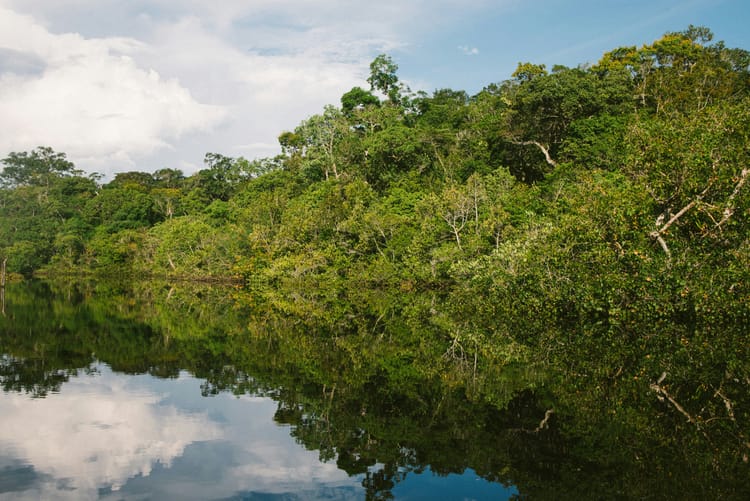TNFD starts pilot testing Nature Data Public Facility
By COP30, TNFD will make a set of recommendations on how the proposed NDPF should be designed.

The Taskforce on Nature-related Financial Disclosures (TNFD) is starting a pilot programme to upgrade market access to nature data, with conclusions set to be released at COP30.
Two years after publishing its recommendations for nature-related disclosures (now adopted by more than 500 companies worldwide), the organisation is turning its attention to the challenge of collecting comparable and decision-useful data about nature impacts.







